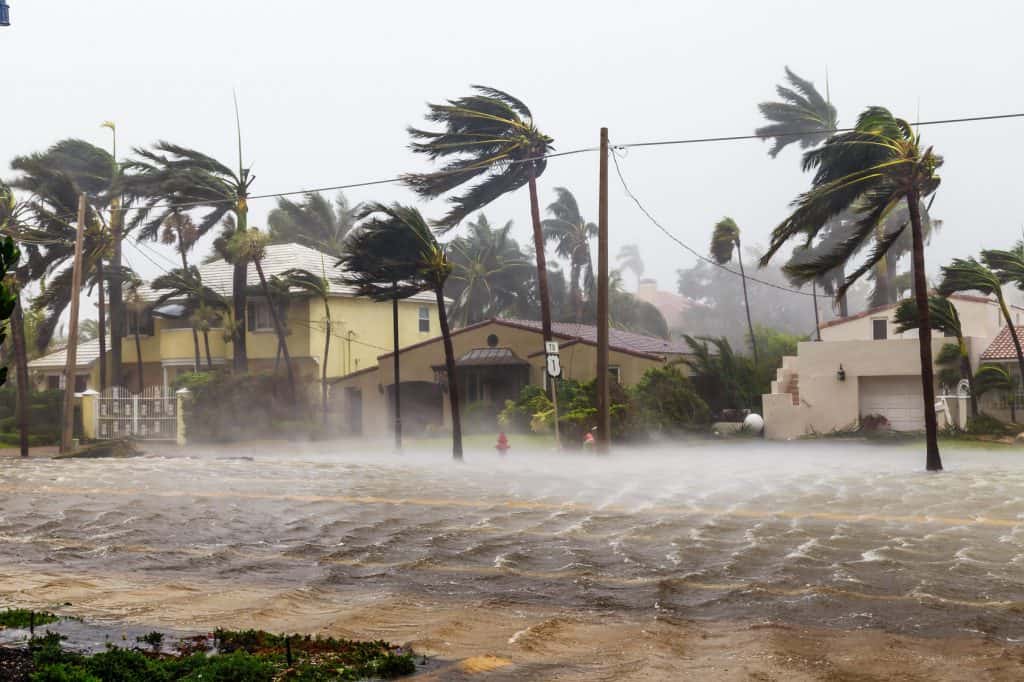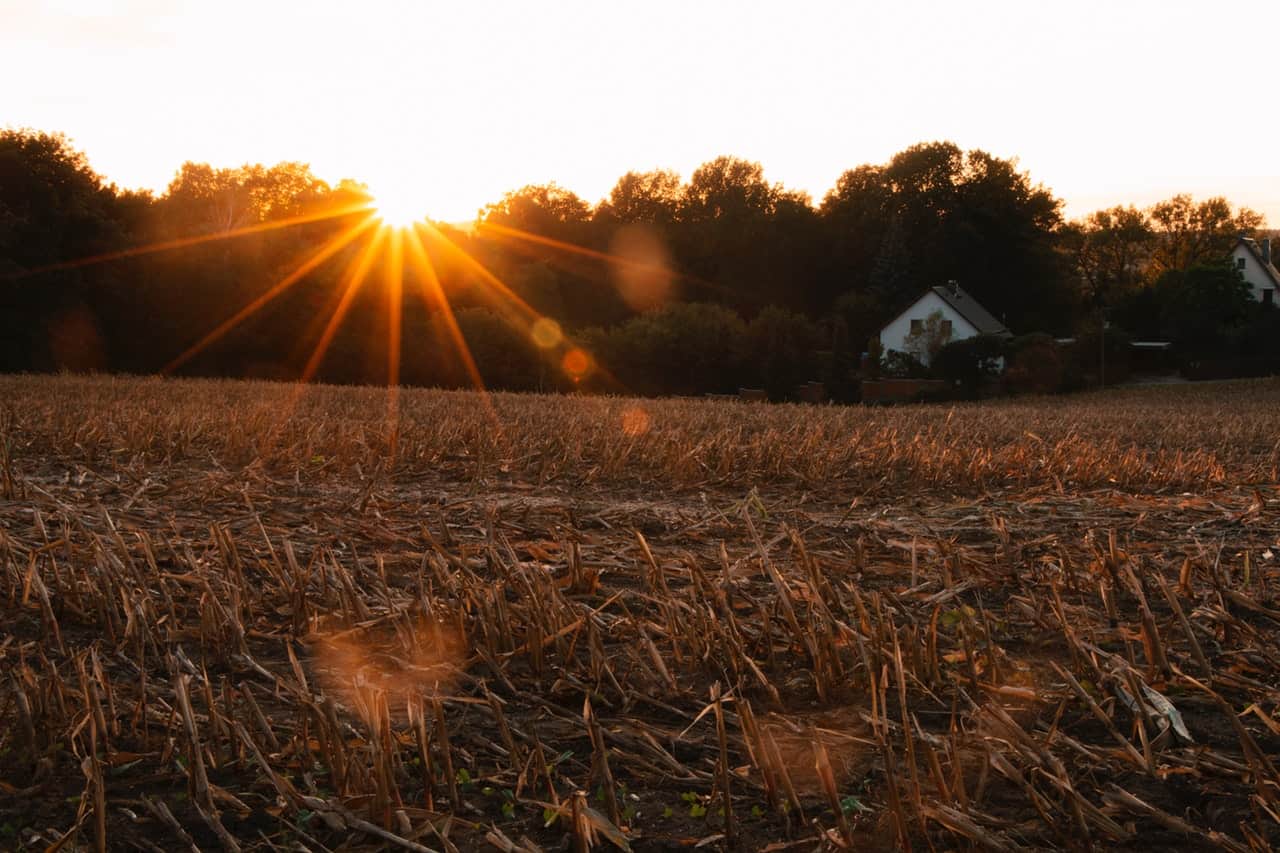Investing In Rural Property – Non-metropolitan counties have higher rates of self-employed business owners than their metropolitan counterparts, according to the US Census Bureau.
This shows that, contrary to popular belief, there’s a lot of investing going on even in rural areas.
This makes them a viable option for real estate investors who are looking to spend less, buy multiple properties, or pay fewer taxes.
However, as is the case with any other form of real estate investment, there are challenges involved in rural real estate investing.
Investing in Rural Property Challenges to Expect
You must be willing to do extensive research.
First, you need to learn the challenges you will face. This will depend on where you buy your rural property.
Next, you’ll need to know how to deal with them.

Rural properties are more at risk from natural disasters
Natural disasters, such as floods, can affect both rural and urban areas.
However, the effects are usually worse in rural areas.
This is because, in urban areas, there are more measures taken to prevent or reduce the damages caused by natural disasters than in rural areas.
For example, if your rural property in California is affected by the ongoing fires, it would take longer for help to arrive than if it was an urban property.
This means you you may suffer more damage.
Before investing in a rural property, you need to find out all the risks you face. In this way, you can take the necessary steps to protect your property.
The best thing you can do to ensure that your investment is always secure is to get sufficient insurance coverage against such elements.
If you’re not sure about the types of natural disasters you need to get coverage for, talk to a public adjuster to guide you on the best coverage based on your property’s location.
Smaller customer pool
Rural areas have fewer residents than urban areas. Therefore, you will have a significantly smaller pool of potential customers. This is important whether you’re looking to sell or rent your property.
You can expect a rural property to spend a lot more time on the market or tally up more lost rent when you’re looking for tenants to fill your vacancies.
To deal with this, you need to come up with strategies tailored to suit the rural setting.
For example, you will need to cast a wider net when looking for buyers for your property.
Unlike urban properties, where a simple “For Sale” sign can get you multiple interested buyers in a day, it may take months for an interested buyer to see your sign on a rural property.
You also need to know where to market your rural property.
For example, advertising on Craigslist may not work for rural properties.
Instead, you can target people who would be interested in rural property. This may be retiree groups or those on a fixed income, etc.
Challenges to Investing In Rural Property
Rural areas are a great opportunity for real estate investors, but they do come with their fair share of challenges.
You want to be successful and recoup your investment. Therefore, you will need to find ways to deal with each of them.
Related Content: How To Find The Right Fencing For Your Property, is it really that hard?

